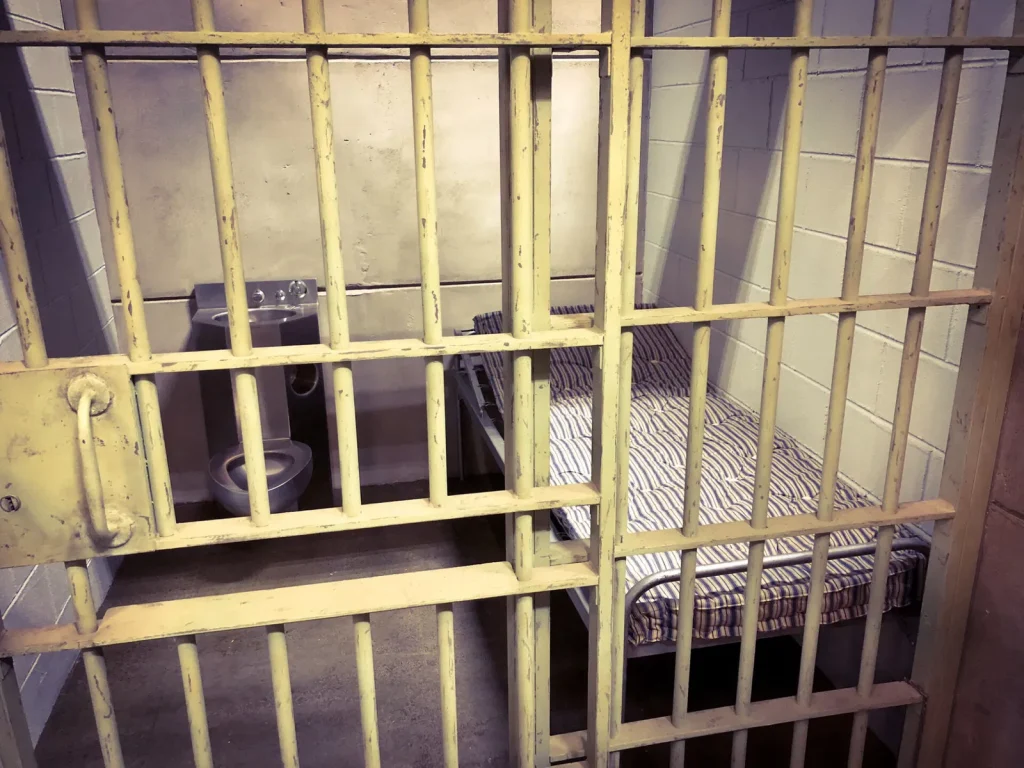Inherited Prison Debt Pushes Black Women Further Into Poverty.
Research shows that passed-down prison debt places a heavier burden on Black women.

New research shows that inherited prison debt pushes the families of incarcerated people—especially Black women—further into poverty. With Black people representing 37% of the local jail and state prison population, incarceration fees are forcing many women of color into even greater financial hardship, according to a new report from the Prison Policy Initiative. The study highlights how costs such as housing and medical fees are passed down to families, placing the heaviest burden on Black women.
Women—especially Black women—are hit hardest by “pay-to-stay” policies in most states. Recent research reveals that 83% of those paying fines, fees, and bail for incarcerated loved ones are women, and their earnings fall more steeply after a conviction than men’s ($75 per year compared to $26).
With Black mothers three times more likely than white mothers to be the sole providers for their families, inherited prison debt deepens the racial wealth gap. “Because many incarcerated people can’t pay these fees while in prison, the costs often snowball into debt they’re expected to repay after release,” explained DeRay Mckesson, executive director of Campaign Zero.
Advocates caution that in some states, debt collectors or probation officers can demand repayment within 30 days, and when families can’t pay, the burden shifts to taxpayers who fund costly legal processes that recover little. The crisis is far-reaching: 48 states enforce at least one “pay-to-stay” fee, 42 states plus D.C. charge for room and board, and 43 states add medical fees—deducted directly from prison wages that average less than $1 a day. These debts often linger long after release, trapping families in cycles of financial strain.
“We were the first to put this issue on the map. People were talking about mass incarceration, but not about families losing college funds and inheritances to prison debt,” said Brittany Friedman, a USC sociologist who leads the Captive Money Lab and consulted on the Campaign Zero project.
Advocates are challenging outdated pay-to-stay policies, many of which date back to the 1970s, when states like Michigan and California shifted incarceration costs away from public budgets. The practice expanded in the 1980s after federal funding cuts under President Reagan, leaving incarcerated individuals charged for counsel, meals, phone calls, and even supervision.
While supporters claim the fees offset victim restitution or public services, in reality, much of the burden falls on families and taxpayers—even in victimless cases like drug possession. “These policies weren’t created for safety or rehabilitation,” said Nick Shepack, Nevada director for the FFJC. “They were designed to cut budgets—and they still are.”
Some states, however, are rolling back these fees. Oklahoma recently passed a bill eliminating many charges, Maryland Governor Wes Moore canceled $13 million in unpaid probation fees, and Nevada capped prison garnishments from family deposits while ending post-release medical debt collections.


